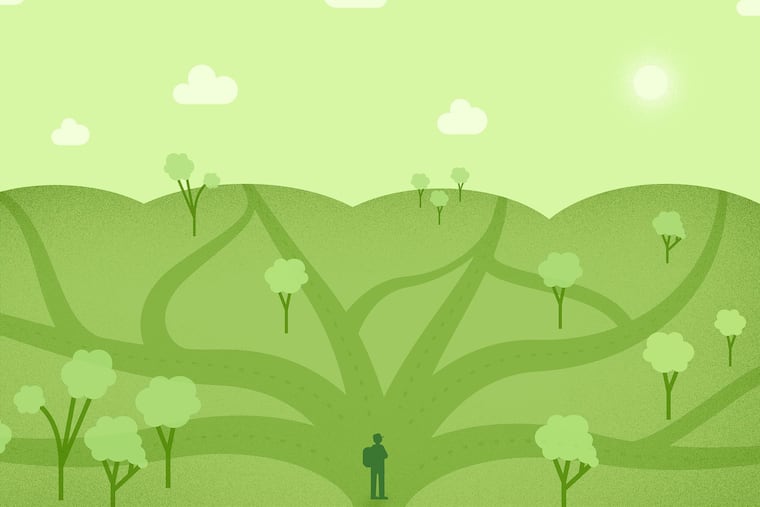Stop asking kids what they want to be when they grow up
Instead, ask what kind of person they'd like to be.

What do you want to be when you grow up? As a kid, that was my least favorite question. I dreaded conversations with adults because they always asked it — and no matter how I replied, they never liked my answer. When I said I wanted to be a superhero, they laughed. My next goal was to make the NBA, but despite countless hours of shooting hoops on my driveway, I was cut from middle school basketball tryouts three years in a row. I was clearly aiming too high.
In high school, I became obsessed with springboard diving and decided I wanted to become a diving coach. Adults scoffed at that plan: They told me I was aiming too low. In my first semester of college, I decided to major in psychology, but that didn’t open any doors — it just gave me a few to close. I knew I didn’t want to be a therapist (not patient enough) or a psychiatrist (too squeamish for med school). I was still aimless, and I envied people who had a clear career plan.
We all have notions of who we want to be and how we hope to lead our lives. They’re not limited to careers; from an early age, we develop ideas about where we’ll live, what school we’ll attend, what kind of person we’ll marry, and how many kids we’ll have. These images can inspire us to set bolder goals and guide us toward a path to achieve them. The danger of these plans is that they can give us tunnel vision, blinding us to alternative possibilities. We don’t know how time and circumstances will change what we want and even who we want to be, and locking our life GPS onto a single target can give us the right directions to the wrong destination.
Don’t ask children what they want to be when they grow up. This can lead to what psychologists call identity foreclosure — when we settle prematurely on a sense of self without enough due diligence and close our minds to alternative selves.
In career choices, identity foreclosure often begins when adults ask kids: What do you want to be when you grow up? Pondering that question can foster a fixed mindset about work and self. “I think it’s one of the most useless questions an adult can ask a child,” Michelle Obama writes. “What do you want to be when you grow up? As if growing up is finite. As if at some point you become something and that’s the end.”
Do ask children, what kind of person do you want to be? And what are all the different things you like to do? Instead of trying to narrow their options, help them broaden their possibilities. They don’t have to be one thing — they can do many things.
Adam Grant is an organizational psychologist at Wharton and a No. 1 New York Times best-selling author. His new book is “Think Again: The Power of Knowing What You Don’t Know.” From “Think Again” by Adam Grant, published by Viking, an imprint of Penguin Publishing Group, a division of Penguin Random House LLC. Copyright © 2021 by Adam Grant. This piece originally appeared as a Tip of the Week from Philadelphia-based Character Lab, whose mission is to advance scientific insights that help kids thrive.